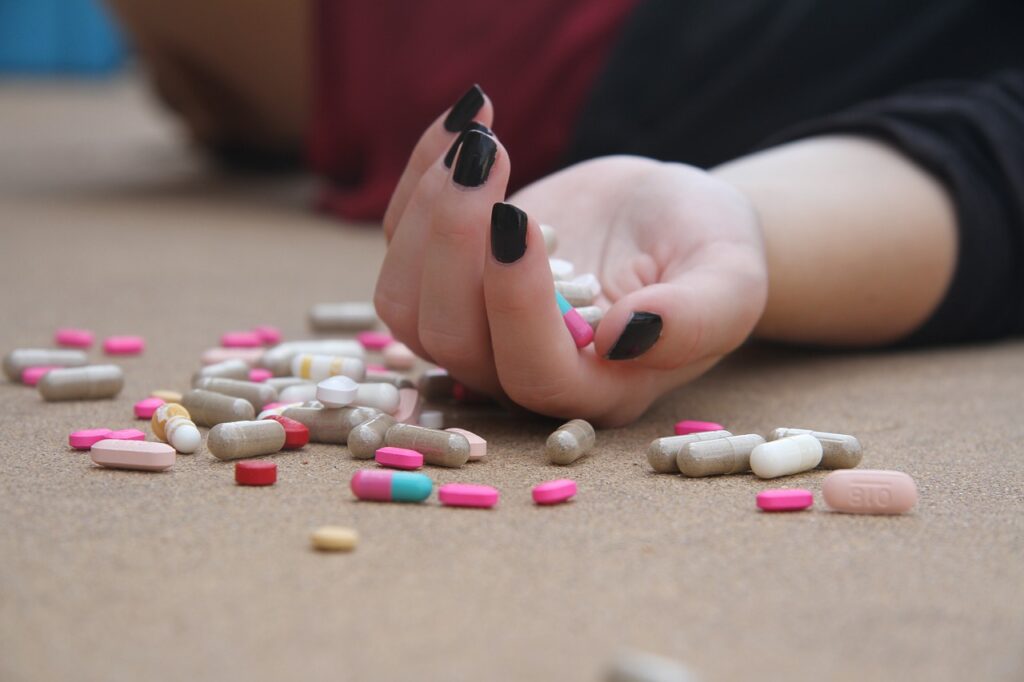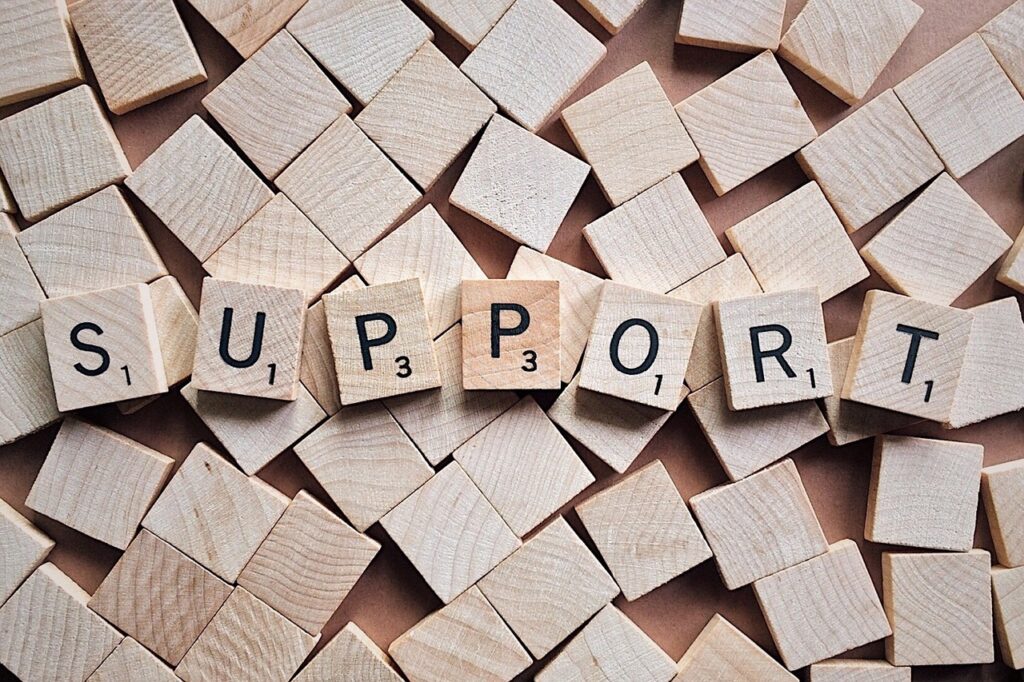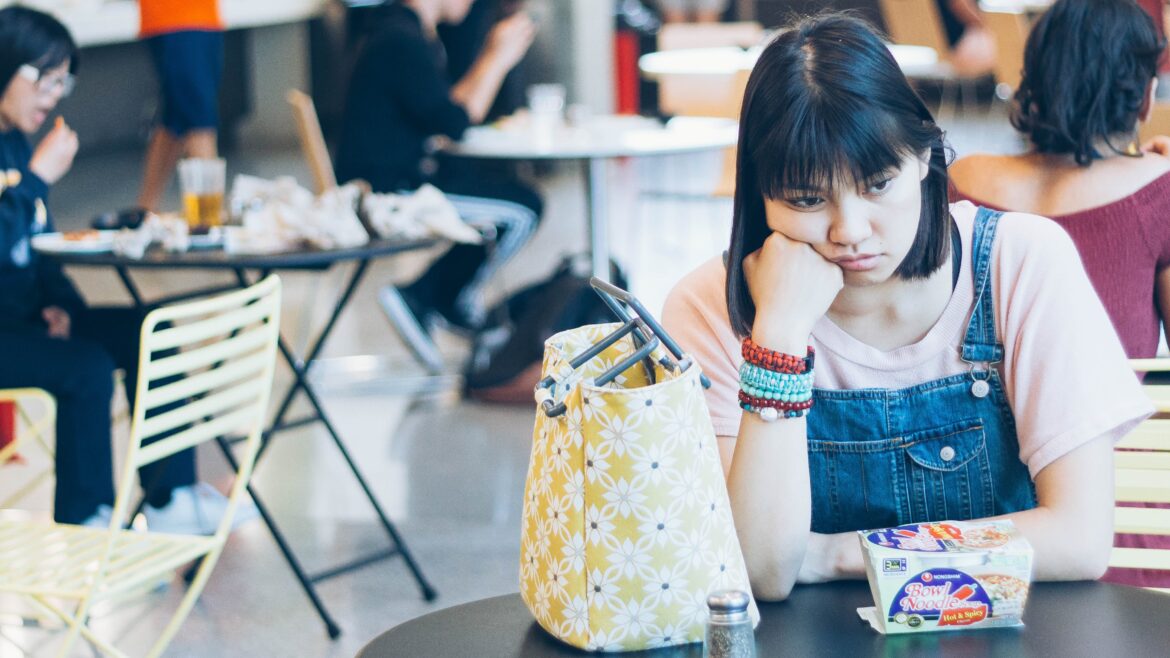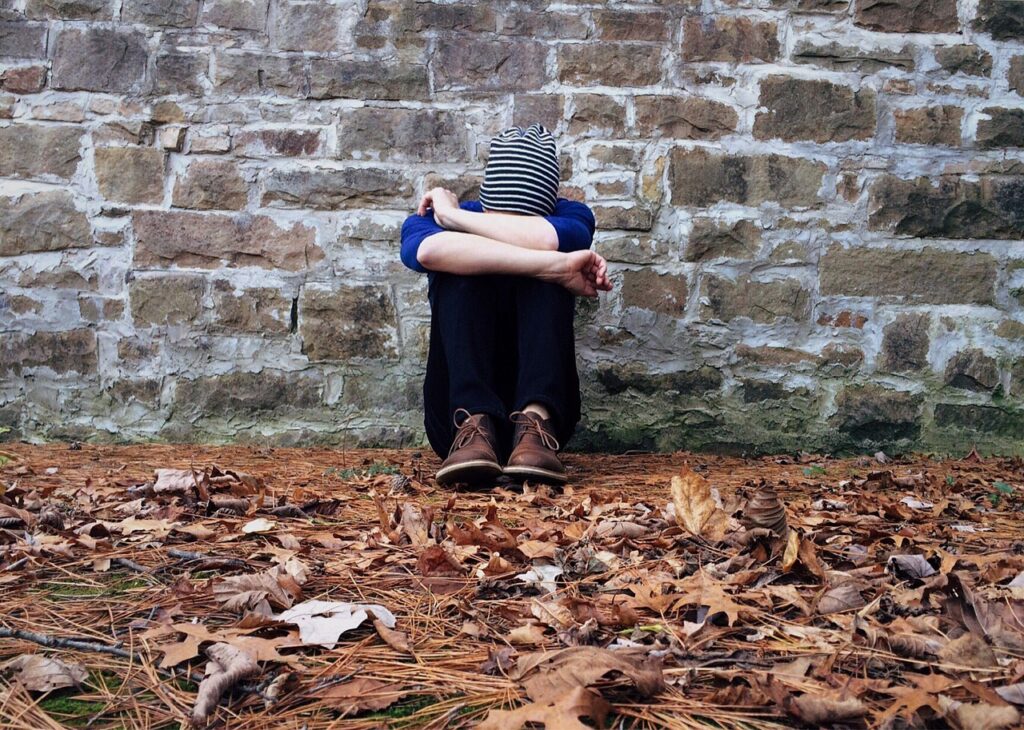If my daughter is hurt, my immediate reaction would be to administer first aid. In case of a minor cut, I will clean the wound and tie a bandage. If it’s something which requires doctor’s intervention, I will rush her to the hospital.
But what happens when there are wounds which I cannot see? Pain which she feels but is a stranger to the world?
I shudder at these thoughts, but I felt them recently. Let me tell you about the incident which triggered these thoughts.
About a month ago, a friend’s daughter ran away from home. A kid the same age as my daughter, a 15-year-old. A frantic search ensued and thankfully the girl was found. Those few hours undoubtedly were traumatic for the child, her family, and their friends and relatives.
Later we came to know the child had been depressed and unfortunately none of us were aware of it. Not her parents, siblings, friends or even the school teachers.
It was an alarming experience and being a mother to a tween and a teen; it sent me on a panic mode. I keyed in a few words into the good old google and the information it threw at my face, scared and astonished me.

-
Globally, depression is one of the leading causes of illness and disability among adolescents.
-
One in four children in the age group of 13-15 years in India suffer from depression (Ref – WHO)
-
Teenage depression is more than just sadness or moodiness–it’s a serious mental health disorder.
-
Half of all mental health conditions start by 14 years of age, but most cases are undetected and untreated
-
Suicide is the third leading cause of death in 15-19-year-olds.
-
Every 100 minutes a teen takes their own life!–Can you believe that? A teen dying in some part of the world in less than the duration of a movie.
Depression (major depressive disorder) is a medical illness that can interfere with your ability to handle your daily activities, such as sleeping, eating, or managing your school work. It is common, but that doesn’t mean it isn’t serious. It is important to remember, depression is not a sign of weakness or a character flaw. And it can not be overcome with willpower alone. Most people with depression need treatment to get better.
The adolescence phase is a unique and crucial stage of life. It is a stage which is setting the foundations for their adult life. No doubt it’s also a stressful and confusing phase, with children facing physical, mental and emotional changes. And all the more for Generation Z, whose experiences are much too different from that of their previous generations.
So how to spot the red flags?
According to the National Institute of Mental Health, these are a few signs to watch out for
- Change in sleep pattern–lack of night sleep, or long hours of sleeping, or sleeping in day time
- Change in eating habits–loss of interest or over-eating
- A constant feeling of sadness, guilt or helplessness
- Feeling worthless, empty or numb
- Difficulty in decision making
- Memory loss
- Trouble concentrating on studies
- Lack of focus
- Rebellious behavior leading to increased disagreements and arguments
- Suicidal thoughts
- Inflicting self-harm
While we may look at these behaviors in our child and ignore them as teen-drama, or confuse them with moodiness; it doesn’t hurt to probe a bit. There could be a million and one issues bothering the child–studies, peer pressure, bullying, body shaming… unknown to us, our child may be dealing with issues way beyond his / her age, and with a lack of a person to open up to, it manifests into deeper psychological problems. According to NHS (National Health Service, UK) whatever is causing the problem, take it seriously. It may not seem like a big deal to you, but it could be a major problem for your child.

How to fight depression and help the child tide over this difficult phase
As I researched for information on ways to tackle this issue, one advice I found uniformly across all resources was an emphasis on physical health, and emotional well-being. A summary of the pointers I gained:
Physical health and wellbeing
Poor health can foster depressing thoughts. As parents, we can tackle this issue by adopting the following measures: –
- Instead of telling the child to eat healthy, we must set an example by taking the lead and adopt healthier practices.
- Healthy food and drink choices are the first step towards good physical health.
- Regular physical activity. Staying physically active helps improve your child’s mental health. It might be as simple as taking a 10-minute walk every day to start with.
- Good quality sleep is extremely essential. Relaxing music, not napping during day time and putting away electronic gadgets would help achieve a good night’s rest.
Relationships and feelings
Strong inter-personal relationships are vital for young people’s mental health. A sense of belonging to family and friends can help protect teenagers from mental health problems like depression.
- Spending quality time with our children goes a long way in building a powerful bond.
- Being supportive and stressing the positives is important.
- If the child has trouble talking about feelings, they can write them down in a diary or journal. Sometimes even adults find it easier to write things down than say them aloud.
- We should encourage them to spend time with friends and relatives. Being in a virtual world all the time limits social interactions.
- Our focus should be on listening to our children and avoid being judgmental.
We know we should do all this as parents, but unfortunately fail to act until the situation demands us to. As my friend said, ‘I didn’t know these were signs of depression. I just thought she was throwing tantrums. And blamed them on teen hormones. Wish I had been more observant and patient.’
Thankfully, my friend was lucky, and she is getting a second chance to connect with her daughter. Let’s ensure we keep our communication doors always open and don’t wait for the dreaded second chance.



1 comment
[…] Just because our kids are not wading through rivers to reach school or have electricity or aren’t getting thrashed by teachers does not mean they are free from pressure. It’s just that they are facing a different kind of struggle. […]